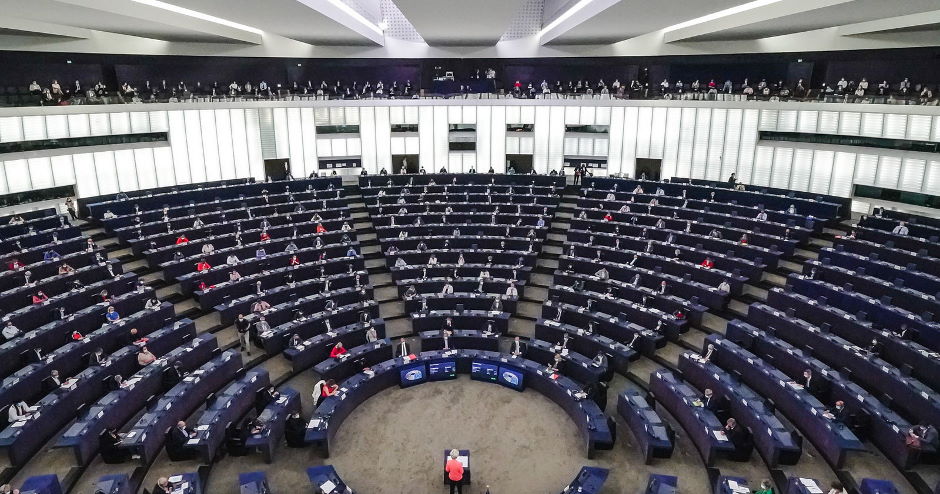5. Understanding Policy Processes

From new food technologies to water supplies or energy mixes, policies are crucial to determining what action is taken. But how are policies made, what effects do they have, and how can we challenge incumbent policies and the narratives that support them?
To understand policy-making for sustainability, we need to understand the relationships between knowledge, power and policy. This means challenging simple linear notions of the policy process, and the view of evidence as separate from politics and values.
Lecture: Prof Ian Scoones, Understanding Policy Processes
Questions
After you have watched the lecture, ask yourself the following questions:
- How are policy processes intrinsically political and value-driven?
- What are the different ways of seeing the role of ‘science’ in policy processes?
- Looking at the intersections of narratives/discourses, actors/networks and politics/interests in a policy area you know about, how does this help highlight what policy spaces emerge (or are closed down)?
Essential reading
Keeley, J. and Scoones, I. (2003)
Chapter 2 of Understanding Environmental Policy Processes. Cases from Africa. Earthscan, London
IDS Knowledge, Technology and Society team (2006)
Understanding policy processes: a review of IDS research on the environment. IDS: Brighton
Leach, M., Scoones, I. and Stirling A. (2010)
Chapter 6 of Dynamic Sustainabilities: Linking technology, environment and social justice. Earthscan/Routledge.
Additional reading
Lancaster, K., Rhodes, T. and Rosengarten, M. (2020) Making evidence and policy in public health emergencies: Lessons from COVID-19 for adaptive evidence-making and intervention. Evidence and Policy, 16(3), pp.477-490
Millstone, E. (2009) Science, risk and governance: Radical rhetorics and the realities of reform in food safety governance, Research Policy 38: 624–636
Mosse, D. (2004) Is good policy unimplementable? Reflections on the ethnography of aid policy and practice. Development and Change, 35(4), pp.639-671